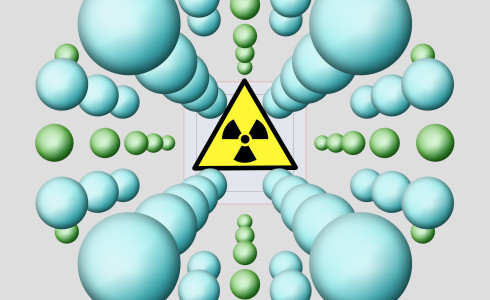
Occasional Paper #23: CNS researchers offer governments a roadmap to replace high-risk radioactive sources with non-isotopic alternatives.
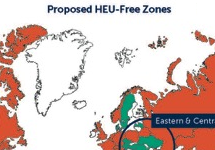
Regional HEU-free zones would help cement a global norm against civilian HEU use and strengthen nonproliferation and disarmament efforts.

Despite progress, risks posed by highly enriched uranium remain. A new joint report from CNS, NTI, and FMWG lays out a roadmap with five pathways to ending civilian and naval HEU use.
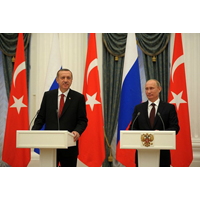
With little notice, Russia is on the verge of becoming the nuclear Wal-Mart of the Middle East.

Miles Pomper comments in Al-Monitor on Syria’s decision to repatriate highly enriched uranium to China.
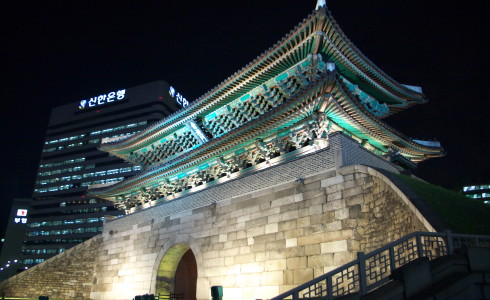
Seoul needs to bolster its cadre of technical policy experts in order to take full advantage of the new US-ROK nuclear cooperation agreement.

Critics of the new US-ROK nuclear cooperation agreement overlook the future of Korea’s nuclear program and energy security.
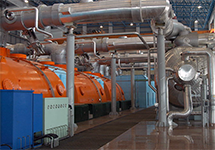
Analysis of China’s nuclear nuclear energy program and potential exports by Stephanie Lieggi and Miles Pomper.
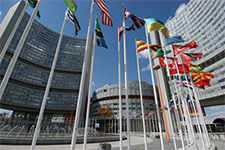
CNS and VCDNP experts review main issues facing the 2014 IAEA General Conference.
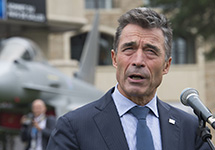
This week’s NATO summit may mark a turning point away from US-Russian arms control and could lead to a renewed emphasis on nuclear weapons.